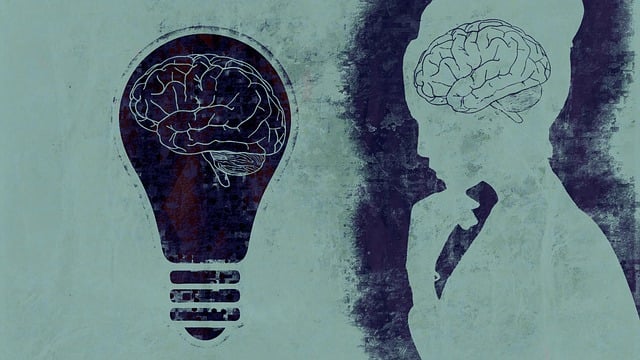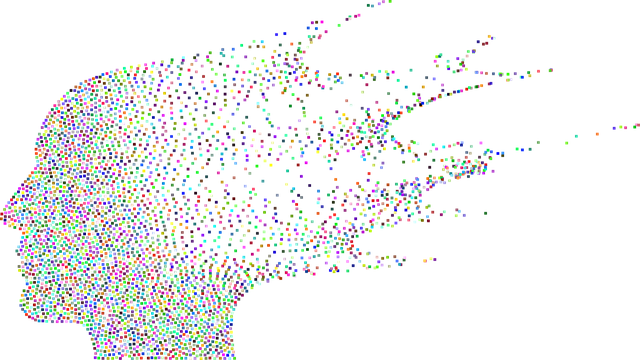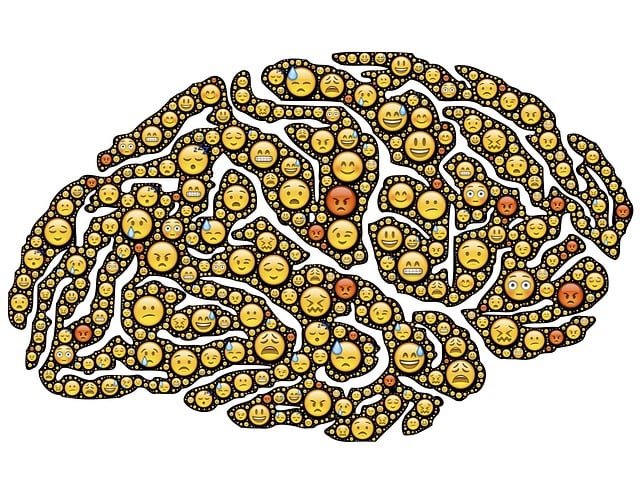Louisville Hebrew Speaking Therapy (LHST) emphasizes the media's role in shaping public perceptions of mental health, advocating for responsible representation. Accurate portrayals can reduce stigma and promote understanding. LHST offers culturally sensitive care to the Hebrew-speaking community, using innovative practices like counseling and support groups in native languages. They collaborate with media to challenge stereotypes through authentic characters and positive recovery narratives, fostering a society that supports mental health awareness and destigmatizes conditions.
“The media’s portrayal of mental illness can significantly shape public understanding and awareness. This article explores strategies to challenge negative stereotypes, emphasizing the importance of accurate representation in fostering empathy and reducing stigma. We delve into case studies like Louisville Hebrew Speaking Therapy, which offers a cultural perspective on addressing mental health misconceptions.
By examining media’s impact, presenting effective solutions, and highlighting collaborations, we aim to revolutionize mental illness depiction, encouraging a more nuanced and compassionate narrative.”
- Understanding the Impact of Media Portrayal on Mental Health Awareness
- Louisville Hebrew Speaking Therapy: A Cultural Approach to Addressing Stereotypes
- Strategies for Accurate and Empathetic Mental Illness Representation in Media
- Fostering Change: Collaborating with Media Outlets and Mental Health Professionals
Understanding the Impact of Media Portrayal on Mental Health Awareness

The media plays a significant role in shaping public perception about mental health, which can either promote understanding or perpetuate stereotypes. Positive and accurate representation of individuals with mental illnesses in movies, television shows, and news coverage has the potential to increase empathy, reduce stigma, and encourage help-seeking behaviors among viewers. Conversely, negative or inaccurate portrayals can lead to further marginalization and misunderstanding. At Louisville Hebrew Speaking Therapy, we recognize this impact and strive to contribute to mental health policy analysis and advocacy by promoting responsible media representation.
By presenting diverse narratives and showcasing individuals successfully managing their conditions, media can inspire hope and offer valuable insights into the experiences of those living with mental illnesses. This, in turn, can foster emotional regulation skills and emotional well-being promotion techniques not only among viewers but also within communities at large. Ultimately, accurate media portrayal is a crucial step towards creating a more inclusive society that supports mental health awareness and seeks to destigmatize these conditions.
Louisville Hebrew Speaking Therapy: A Cultural Approach to Addressing Stereotypes

Louisville Hebrew Speaking Therapy (LHST) represents a culturally sensitive approach to addressing mental illness in diverse communities. By focusing on the Hebrew-speaking population, LHST aims to dispel stereotypes and promote understanding. This therapy model incorporates cultural nuances, ensuring that care is tailored to meet the unique needs of individuals within this specific demographic. It recognizes that mental wellness is deeply intertwined with cultural identity, and thus, offers a safe space where clients can explore their mental health challenges while embracing their heritage.
Through innovative practices, LHST encourages positive thinking and emotional expression. They provide specialized services, including counseling, support groups, and even Mental Wellness Journaling Exercise Guidance, all delivered in the comfort of one’s native language. This approach not only enhances accessibility but also fosters a sense of belonging, enabling individuals to openly discuss their experiences without fear of judgment or miscommunication.
Strategies for Accurate and Empathetic Mental Illness Representation in Media

Media plays a significant role in shaping societal perceptions, especially regarding mental health. To challenge stereotypes and promote understanding, accurate and empathetic representation is crucial. This involves several strategies that can make a substantial difference. First, media platforms should collaborate with mental health professionals like those at Louisville Hebrew Speaking Therapy to ensure the authenticity of portrayals. By consulting experts, writers can gain insights into the nuances of various conditions, fostering more realistic characters and storylines.
Additionally, promoting positive and diverse narratives is essential. Instead of focusing solely on the traumatic aspects, media can showcase individuals successfully managing their mental health through practices such as emotional regulation techniques, mindfulness meditation, or mood management strategies. This balance helps viewers understand that recovery is possible and encourages them to seek help without stigmatization.
Fostering Change: Collaborating with Media Outlets and Mental Health Professionals

In the quest to challenge negative mental illness representations in media, collaboration is key. By bringing together Louisville Hebrew Speaking Therapy professionals and media outlets, we can foster a more nuanced and accurate portrayal of mental health. These partnerships can help in creating stories that not only highlight the struggles but also emphasize the resilience and recovery possible through proper support and treatment.
Through such collaborations, risk management planning for mental health professionals can be integrated into storytelling processes. This ensures that not only are sensitive topics handled with care, but also educates audiences about the signs, symptoms, and coping mechanisms associated with various mental illnesses. Cultivating positive thinking and promoting mental wellness becomes a collective effort, reflecting a growing awareness and understanding of mental health issues in society.
Media representation plays a pivotal role in shaping public understanding of mental illness. By adopting accurate, empathetic, and diverse approaches, such as the cultural initiatives demonstrated by Louisville Hebrew Speaking Therapy, media outlets can significantly contribute to mental health awareness. Collaboration between media professionals and mental health experts is crucial for fostering positive change. Through these combined efforts, we can challenge stereotypes, promote empathy, and ensure that everyone receives supportive and nuanced portrayals of their experiences with mental illness.














